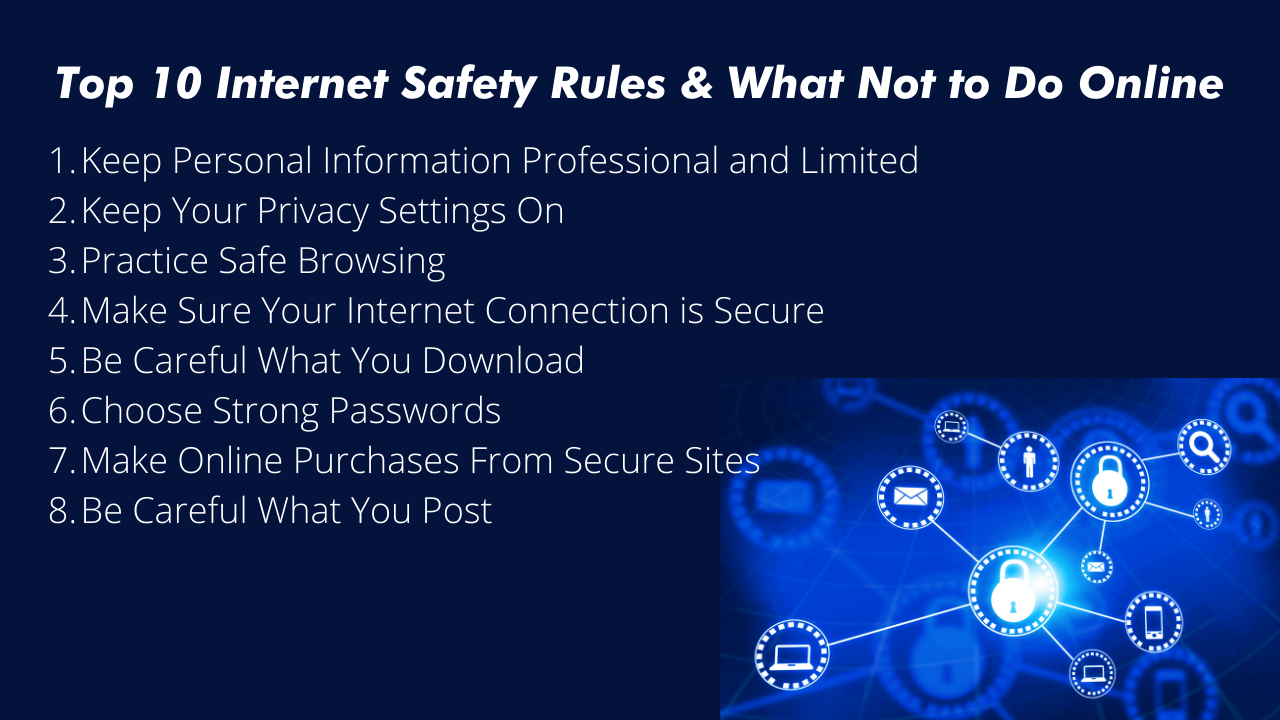
Adblockers have grown in popularity as a result of pop-up advertising and the feeling of ads following you throughout the internet. Ad blockers prevent websites from showing you advertisements, which seems great until you understand how contentious this topic is and how much of an influence it could have on the websites you visit.
Ads pay for most websites on a pay-per-impression basis, so if you use an ad blocker, you’re denying the publisher the cash that keeps the site functioning.
By all means, use an ad blocker to protect yourself, but also consider whitelisting your favourite websites, as ad income is what keeps them afloat!
Many browsers allow you to send websites a “do not track” request, instructing them not to gather or track your browsing data. What happens, however, is determined by how the websites respond to the request – most websites and web servers, for example, do not change their behaviour and appear to disregard the request. Even so, making it obvious that you don’t want to be followed is an excellent place to start.
Even if websites choose to track your browsing data, you can reduce the impact by clearing your browser cache and deleting unneeded cookies on a regular basis. This stops advertisements from following you throughout the internet and ensures you’re downloading the most recent version of a web page.
You can do this manually in all major browsers and easily erase all your data, but there are also software solutions that automate the process to make your life easier. Regardless of the approach you use, you might want to consider whitelisting the sites where you frequently log in to prevent having to re-enter login information all the time.
Private browsing safeguards your personal data and prevents some websites from recording your search and browsing history. It won’t keep your online behaviour hidden from your internet service provider, but it can limit cookie buildup, which can be useful if you’re shopping for a significant other online.
Use a virtual private network (VPN)
Virtual proxy networks, or VPNs, enable you keep your data and internet requests private by encrypting them before they reach the internet. No matter how you connect to the internet, the technique is the same: encrypted data is transferred to the VPN server, which decrypts the requests before sending them on to the online destination.
It’s nearly hard to remember strong passwords for all those various passwords, which is where a password manager comes in. They encrypt and securely store your login information for all of the websites you visit, allowing you to log in automatically with only one master password to remember.
No matter how carefully you browse the web or how knowledgeable you think you are about the links you click and the files you open, you need antivirus and firewall security software on your computer.
Even the most trustworthy websites or files from the most trusted of sources can include threats, so making sure you’re secured with smart antivirus software is well worth the tiny investment in time. Big data and artificial intelligence are used by the most trustworthy antivirus software solutions now available to monitor every running application and detect assaults before they happen.
